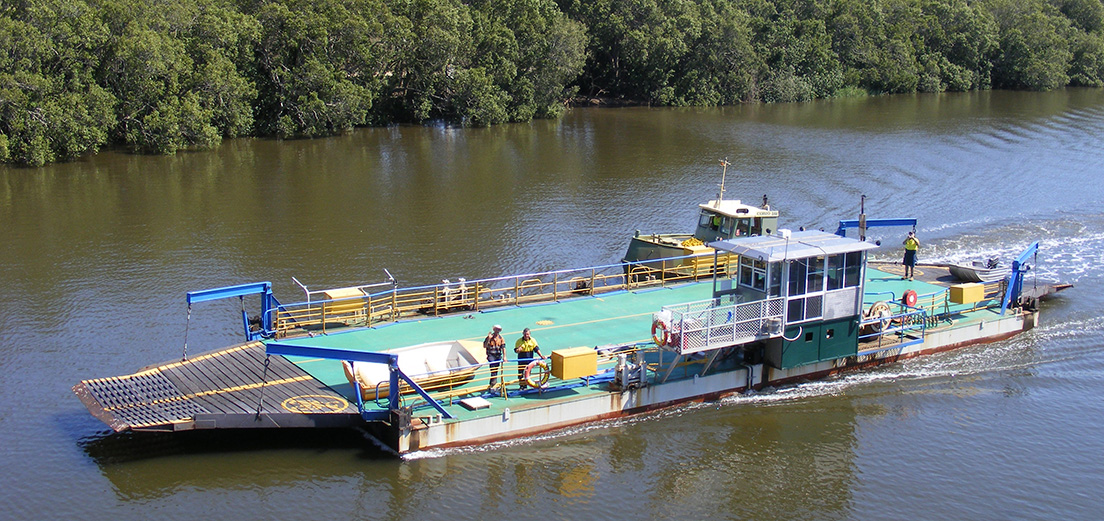Results at a glance:
■ WA farmers’ investment intention remains robust, with 88 per cent intending to increase or maintain investment in their farm enterprises
■ This is despite rural confidence levels continuing to ease in the latest quarter
■ Rising input costs and a shortage of workers are the main concerns for the state’s farmers
Western Australian farmers have maintained a strong appetite for investing in their businesses, despite confidence levels continuing to ease across the rural sector over the latest quarter, the Rabobank Rural Confidence Survey has found.
The first quarterly survey for the year, released today, showed WA farmer confidence had continued to ease over recent months, after soaring to a 10-year high in the third quarter of 2021.
Farmers’ investment plans however remained robust, with 88 per cent intending to increase or maintain investment in their farm businesses over the coming year with 14 per cent of Western Australian agricultural producers looking to purchase property in the next 12 months – the highest expansionary intentions in the country.
Western Australia was, though, the only state to record rural confidence at ‘negative levels – with more farmers in the state expecting business conditions to worsen than to improve over the next 12 months.
The survey – completed last month – found 30 per cent of the state’s agricultural producers expect business conditions to decline in the year ahead (up from the 26 per cent with that view in the previous survey). Those with an optimistic outlook now sit at 18 per cent (down from 30 per cent previously), while 50 per cent expect conditions to remain the same.
Rising input costs and a shortage of workers are the main reasons cited for the negative outlook among WA agricultural producers who expect conditions to deteriorate.
Rabobank regional manager for Western Australia, Steve Kelly said while overall WA farmer confidence had eased from record highs – with uncertainty about increased costs, availability of labour and concerns about the impact of global conflict weighing on sentiment – the state’s farmers are keen to expand their businesses following a record year in terms of production and profitability in 2021.
However, he said, the market for agricultural land was proving to be very tight in the state.
“Recently we have seen agricultural land values in Western Australia increase dramatically, lifting by up to 30 to 50 per cent in the last 18 months,” he said.
“There is the intent for farmers to expand their businesses and purchase additional land, but the farms are just not available to buy at present.
“We are currently not seeing the volume of listings of farms that you would expect in such a strong agricultural land market.”
Mr Kelly said farmers who were considering selling land were now likely to be delaying going to market or leasing, due to the strong land price increases.
Mr Kelly said the survey also found WA farmers were keen to invest in new plant and machinery, with 77 per cent of farmers planning to make upgrades in the coming 12 months, albeit delivery timeframes have continued to extend. WA farmers are also planning to invest in on-farm infrastructure, with 75 per cent of farmers looking to upgrade fences, yards and sheds.
The latest Rural Confidence Survey found grain growers to be the least optimistic of the state’s agricultural producers about the year ahead.
A total of 46 per cent of WA grain farmers reported that they are concerned about the outlook for the coming 12 months, although more than half (54 per cent) are expecting agribusiness conditions to improve or remain the same.
For all WA farmers, the unknowns around input costs for the coming year were a concern – Mr Kelly said – with farmers being more worried about pricing of inputs than the ability to access fertiliser, chemicals and fuel at present.
The survey found 81 per cent of Western Australian farmers who expected business conditions to decline in the year ahead, identified rising input costs as a concern. Mr Kelly said, more recently the Russia Ukraine conflict would be contributing to farmers concerns regarding higher input prices and the impact on trade in the coming year.
“Depending on autumn rainfall, we may see farmers changing their cropping programs and cutting back on the amounts of fertiliser and chemicals used to help manage the price uncertainty,” Mr Kelly said.
“Some farmers have delayed purchase of post emergent nitrogen as they assess the market and their cropping margins.”
Mr Kelly said WA’s grain growers were also concerned about shortage of labour.
“The impact of the labour shortages during the 2021 harvest may have been hidden with everyone working a little harder and the harvest taking a little longer than previously. And it’s still challenging to find skilled staff,” he said.
Beef sector confidence remained strong, the survey found, with 71 per cent of the state’s beef producers expecting conditions to improve or remain the same.
“Western Australia’s beef market continues to perform at record levels and a fair season in key beef-producing areas has helped maintain confidence among producers,” Mr Kelly said.
Similarly, confidence among the state’s sheep producers is strong, with 70 per cent of those in the sector surveyed expecting conditions to improve or remain the same.
A comprehensive monitor of outlook and sentiment in Australian rural industries, the Rabobank Rural Confidence Survey questions an average of 1000 primary producers across a wide range of commodities and geographical areas throughout Australia on a quarterly basis. The most robust study of its type in Australia, the Rabobank Rural Confidence Survey has been conducted since 2000 by an independent research organisation. The next results are scheduled for release in June 2022.








